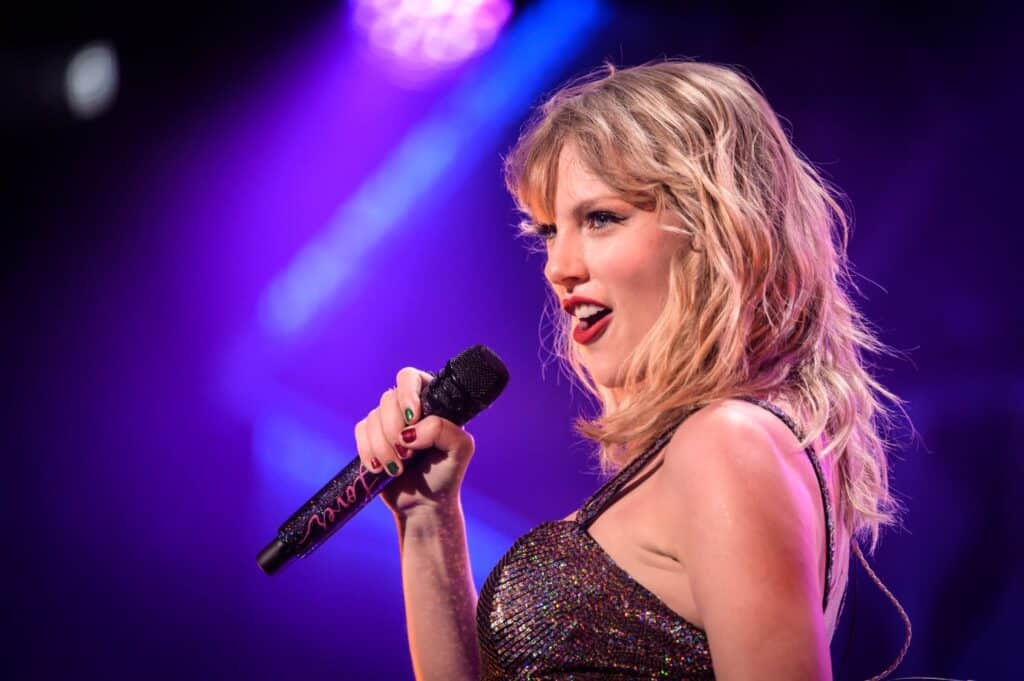Taylor Swift has joined a distinguished coterie of female billionaires, making it onto this year’s Forbes’ annual ranking of the world’s richest people. Swift is one of 265 new individuals and 43 new women to have made it onto the list. This year, women make up just over 13 per cent of the world’s billionaires.
Today, a total of 2,781 people around the world have fortunes of more than US$1 billion (AUD$1.53 billion) — with women making up just 369 of them.
Combined, their wealth has exceeded previous records — worth US$14.2 trillion in total. Most of the earnings derive from the top 20 billionaires, who contributed US$700 billion in total wealth since this time last year.
The top 20 include Elon Musk, Jeff Bezos, Mark Zuckerberg and Larry Ellison. They are among the 14 people who boast a wealth of more than $US100 billion.
Only one woman made it to the top 20 — France’s Françoise Bettencourt Meyers, heir to the L’Oreal company — who has an estimated fortune of $US99.5 billion.
The women on the list trailing behind Meyers all hail from the US — Alice Walton (heir to the Walmart fortune) Julia Koch (widow of David Koch and inheritor of Koch Industries), Jacqueline Mars (Mars Inc. heir) and MacKenzie Scott — philanthropist and former wife of Jeff Bezos.
Despite her massive fortune of US$1.1 billion, Taylor Swift ranked 2545 on the list of billionaires. Her Eras Tour generated an estimated US$1.04 billion in total ticket sales and became the first ever tour to hit the billion-dollar milestone — according to the live-music site Pollstar.
At 34, Swift missed the cut-off for the 25 individuals on the list who are currently 33 years or younger. The youngest billionaire on the list is 19-year-old Livia Voigt, a Brazilian heir to her grandfather Werner Ricardo Voigt’s electrical equipment producer WEG, which he cofounded in the 1980s.
Nine Australian women made it onto the list, among a total of 48 Australians. They include Gina Rinehart, her daughter Ginia Rinehart, Melanie Perkins and Angela Bennett.
Backlash
Some equality activist have criticised the individuals on the list. Daisy Pearson, campaigns and activism officer at Global Justice Now, said it is “utterly unconscionable that at a time where masses of the world’s population are living in dire poverty, a few individuals are allowed to amass staggering wealth.”
“This is only possible through exploitation, and their monopolisation of wealth and resources further allows them to amass huge power and influence over decisions that affect our everyday lives,” she said in a statement. “Enough is enough – we should be regulating these barons out of existence.”

